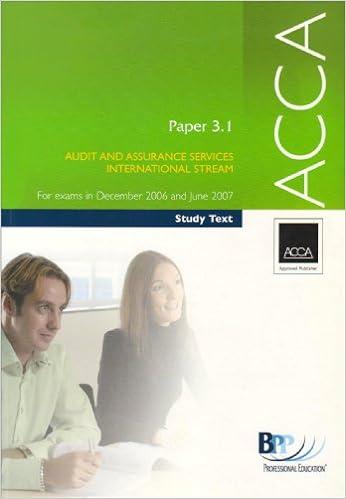Part One: Jeff Bezos - Extraordinary entrepreneur or just your ordinary biased executive? Instructions: Shown below are statements made by Jeff Bezos that either shows him to be an extreordinary entrepreneur or reveals some fault and the cognitive biases he is susceptible to. For each of the statements, frame it from at least two perspectives: On the one hand, Jeff Bezos's statement shows that he is an exemplary entrepreneur that (i) exhibits those qualities that Campbell associates with creative thought; (iii) possesses those attributes that, for Knight, set entrepreneurs apart from other economic actors and make them especially capable to deal with uncertainty; or (iii) avoids or overcomes specific cognitive biases. On the other hand, Jeff Bezos's statement shows him as (a) displaying or risking specific cognitive biases or heuristics; or (b) failing to exhibit the qualities or attributes referred to in (i) and (ii) above. Note: 'Risking a bjas' means the bias has not been committed but may likely be committed in the future given a particular strategy. You must identify at least two blases for each statement. Mark the biases/heuristics you have identified in bold. A. [8 points] "I think most big errors are errors of omission rather than errors of commission. They are the ones that companies never get held to account for - the times when they were in a position to notice something and act on it, had the skills and competencies or could have acquired them, and yet failed to do so. It's the opposite of sticking to your knitting: It's when you shouldn't have stuck to your knitting but you did." Answer: B. [8 points] [7]here are times when you can't put a toe in the water; you have to leap in with both feet. You have to say, "This is going to be expensive - and that means we're going to have to make it work." You allow that you might take lots of twists and turns on the details, but you really commit yourself to the objective. And by the way, it's very fun to have the kind of culture where people are willing to take these leaps - it's the opposite of the "institutional no." It's the institutional yes. People say, 'We're going to do this. We're going to figure out a way







